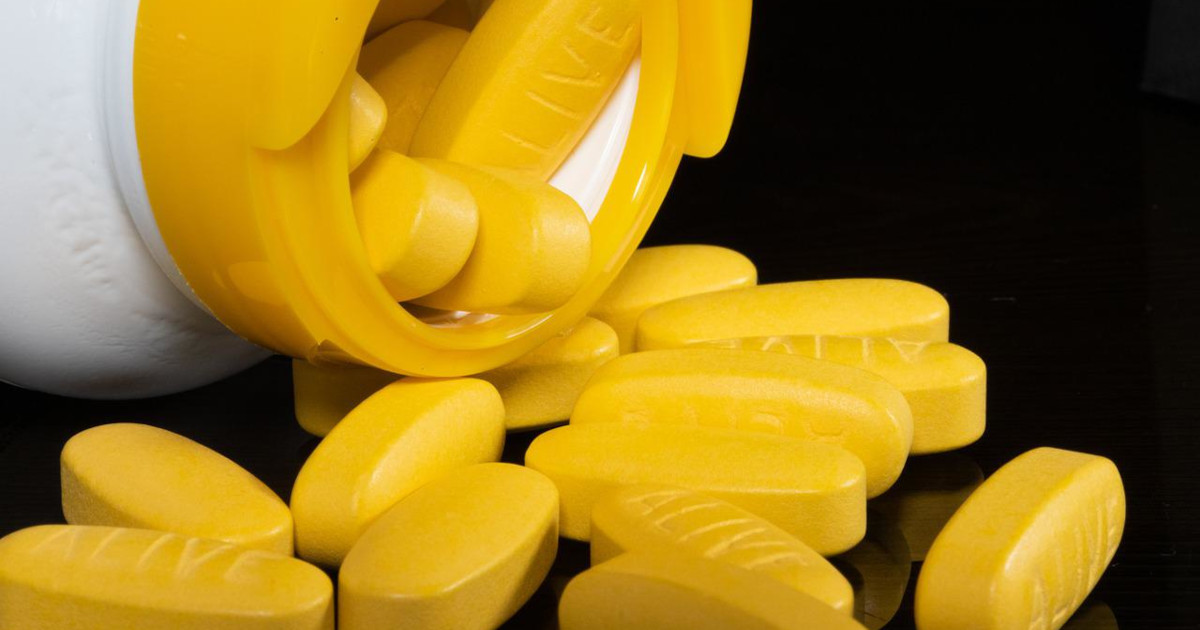
The New York Times Spreads Supplement Falsehoods
A recent article from the New York Times titled “How Useful are Supplements?” does more to obfuscate and confuse than to educate, so much so that real knowledge about the science of supplements would lead you to fail the article’s 13-question quiz.
April 1, 2023 | Source: Alliance for Natural Health | by
A recent article from the New York Times titled “How Useful are Supplements?” does more to obfuscate and confuse than to educate, so much so that real knowledge about the science of supplements would lead you to fail the article’s 13-question quiz. Here are a few of the more glaring issues with the article:
One question asks readers select health conditions from a list for which supplements can be effective treatments; the list includes depression, cognitive decline, and irritable bowel syndrome. The NYT’s answer? “None of the above.” The explanation is that supplements cannot advertise that they can treat diseases.
That, of course, has nothing to do with whether supplements can, in fact, help treat or prevent disease. It is merely a reflection of the ”Catch-22” we’ve written about so much: only FDA-approved drugs can claim to treat or prevent a disease. Drug companies can afford the astronomical cost required for FDA approval because they are patentable; supplements, being natural, are not able to be strongly patented, so no company will take a vitamin or mineral through FDA approval. Supplements impart many health benefits, but federal law prevents us from hearing about them—a problem we are trying to address with a bill to allow the free flow of information about the benefits of supplements.
